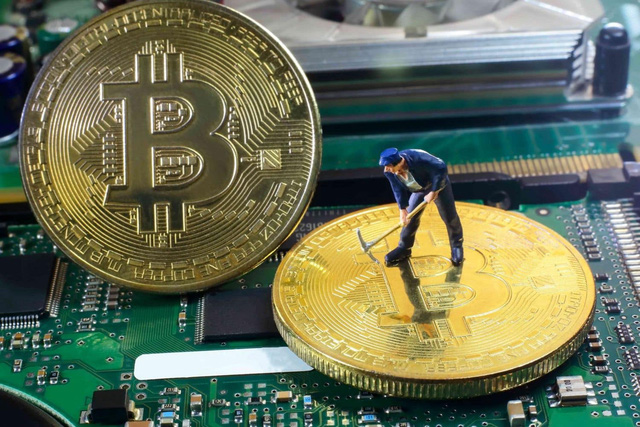Miners usually sell bitcoin at favorable prices to keep their extensive computing operations running.
Bitcoin (BTC) miners have sent over a billion dollars worth of the asset to crypto exchanges over the past two weeks but not necessarily to sell the tokens.
Miners are entities that utilize extensive computing power to solve sophisticated encryptions and produce blocks on the Bitcoin blockchain. Each block rewards 6.25 BTC to miners, who typically sell the amount to fund or expand operations.
In a tweet Tuesday, analytics firm CryptoQuant said over 33,860 BTC has been sent to derivatives exchanges, although the majority had since been recovered back to proprietary wallets.
Miners also reduced reserve holdings by 8,000 BTC in their reserves in which only a small portion was sent to spot trading exchanges, the firm added.
“This could signal that miners may be using their newly minted coins as collateral in derivatives trading activities,” CryptoQuant analysts said. “A good example of this type of trading is known as “hedging”, which uses bets in the opposite direction to market consensus.”
Bitcoin has risen nearly 20% in the past two weeks amid favorable catalysts such as spot Bitcoin ETF filings by a flurry of traditional finance companies and increased trading interest.
On-chain metrics have previously suggested bitcoin could already be in the early stages of a bull market – meaning Bitcoin-based businesses, such as miners, could already be taking steps to manage their reserves and holdings.
Meanwhile, the past few days saw $128 million worth of bitcoin rewards sent to crypto exchanges, an amount estimated to total 315% of daily mining revenues, as per on-chain analytics firm Glassnode. This was the largest-ever sent amount on record by this metric.
Similar amounts sent to exchanges have previously caused a reversal in price spikes if buyer demand isn’t able to absorb the sales.
